The annual AIA speed mentoring evening was held last month. I am regularly invited to speak on this evening, only this time I was too sick to attend. Fortunately, I had written copious notes which, I’m told, struck a chord with the audience. This article is the shortened version of my talk, which you will also see on the AIA blog and in their June Newsletter:
Mentor or Friend-tor?
Someone asked me the other day if I had a mentor and I was quick to say no. Because, when I hear the word mentor, I think of this definition:
Mentor: A senior industry figure, either found inside the company, or from within the industry/sector and who has specific knowledge, skills and/or contacts that may be beneficial in guiding your professional development.
Is it hard to find a mentor? Yes, especially when you box them in to be a specific type of person like I did. I found finding a mentor elusive at best. Are you too expecting too much from one person and subsequently can’t find them? Perhaps our needle in a haystack approach explains why speed-mentoring events are so popular right now.
Two things I hear from architects: “I need a mentor!” and “How do I find a mentor?”
We may believe a “Mentor” is what we need…but perhaps we need to redefine our expectations.
Mentors come in all varieties
When I thought about my “no” to having a mentor, I had forgotten my friend and expert on corporate culture and leadership development.We met at a conference, had a follow-up call and enjoyed the exchange of views. Now we regularly keep in touch via Skype to talk about leadership development.
I also have a friend and HR coach, whom I trained with. We email our weekly goals on a Monday and then email again on Friday with the follow-up. This forces us to reflect on our week, prioritise actions and hold each other accountable.
There is a group of American ladies whom I speak with every two weeks - we are on a course together. They are a highly experienced bunch and encourage me to stretch out of my comfort zone.
I mustn’t forget my long-time friend, architect and company director. He’s well respected and I value his advice and professionalism. I also recognise that I need to take advantage of his connections more – women in this industry don’t do this enough!
I don't call any of these people mentors, yet this is what they unofficially are. They raise my level of thinking, support my efforts and offer me different perspectives. All are valuable in their unique way and together, along with others in my network, they help to develop my career. Unlike traditional mentoring relationships, my examples are also two-way - we are both mentor and mentee.
Portfolio of Relationships
If we start thinking beyond the word mentor then we could find more value in our existing network. David Clutterbuck, mentoring expert and co-founder of the European Mentoring and Coaching Council, says that we need to develop a “portfolio of relationships”.
“These relationships may be ad hoc, unplanned and vaguely defined (or
not even seen as mentoring at all), but you will gain more from them…” – David Clutterbuck
In this spirit, we can use the word mentor as an umbrella term for our unofficial advisors, supporters, connectors, coaches, teachers, guides, confidantes and valued alliances. Those people who make us better versions of ourselves. I recently heard someone use the word friend-tor – they understood this concept. If we stop searching for the one elusive mentor we might notice that we have lots of friend-tors.
In preparation for your “portfolio of relationships” think about what you need:
Help with your team leadership skills?
Advice on skill development?
Perspectives on different roles?
Someone who challenges you to grow?
Help with succession planning?
Someone to keep you abreast with new technology?
Once you have defined what you need, you can explore your network of existing relationships by asking yourself questions such as:
Who do I have a great rapport with?
What values do I admire in others?
Who gives me energy?
Who do I know that would give me some hard truths – without me taking it personally?
Who do I know who holds a different perspective?
Who inspires me to bring my real self to work?
Studies have shown that these informal mentoring relationships are longer lasting, have more commitment and develop greater trust. What’s not to like about that?
“Karen, do you have a mentor?”
“Well, now that I think about it, I have many!”
My call to action for:
Mentors:
Help your mentees to grow their network of supportive relationships beyond your own role.
Mentees:
Broaden your thinking by looking for connectors, sponsors, advisors and friend-tors.
Build your portfolio of relationships.
If you enjoyed this article then you might also like:
My article explaining the difference between a Coach and Mentor:
TedX talk by Carla Harris on finding a Sponsor: “How to find the person who can help you get ahead at work”
Get started building your portfolio of relationships with downloadable worksheet, free when you sign up to my newsletter using this link HERE.
Get in touch if you would like to explore your network and relationships with in a 1:1 confidential setting.


